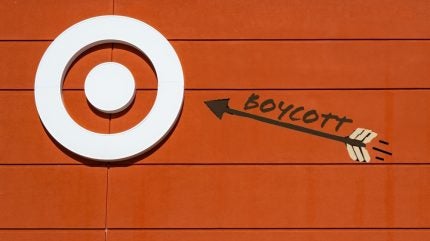
Brian Cornell, the chief executive of Target, one of the largest retail chains in the United States, will step down on 1 February 2026.
Cornell, who has led the company for more than ten years, will remain as chairman of the board to help guide the company during the change in leadership.

Discover B2B Marketing That Performs
Combine business intelligence and editorial excellence to reach engaged professionals across 36 leading media platforms.
Why Brian Cornell is stepping down
Cornell’s departure was planned as part of a long-term succession strategy. He agreed to stay on for an extra three years beyond the usual retirement age of 65.
The company has named Michael Fiddelke, currently Target’s Chief Operating Officer, as the next CEO.
Fiddelke will take over the day-to-day running of the company, while Cornell will continue to offer advice and support as chairman.
DEI controversy and customer reactions
Target has faced criticism for reducing some of its diversity, equity, and inclusion (DEI) programmes. In 2024, this included removing certain LGBTQ+ merchandise during Pride Month.

US Tariffs are shifting - will you react or anticipate?
Don’t let policy changes catch you off guard. Stay proactive with real-time data and expert analysis.
By GlobalDataThese changes sparked protests and boycotts from some customers and advocacy groups. The controversy contributed to a drop in public trust and affected the company’s sales.
Challenges for the company
Target has also struggled with declining sales, inventory issues, and increasing costs.
Its stock value has fallen by almost a quarter over the past five years, while rivals like Walmart and Costco have performed strongly.
Investors are watching closely to see how the new CEO will address these challenges and restore consumer confidence.
Looking ahead
Michael Fiddelke will focus on improving the company’s stores and online shopping options, stabilising sales, and regaining customer trust.
Cornell’s continued presence as chairman aims to provide stability during this transition.
Target faces a critical period as it works to adapt to changing shopping habits and economic pressures in the US retail market.





